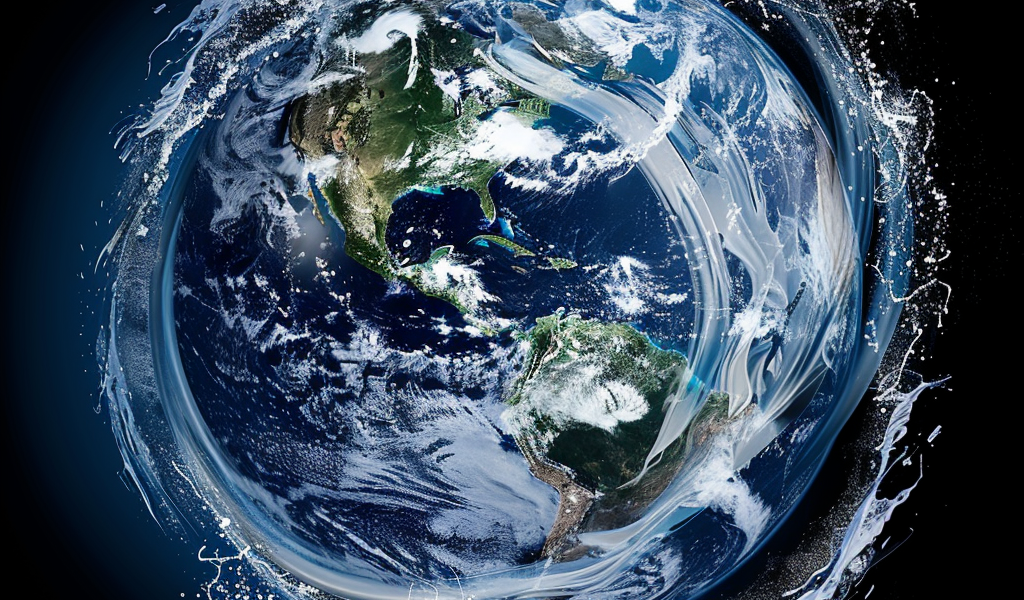Climate change is impacting Earth in more ways than previously thought, including its effect on the planet’s rotation. A recent study published in Nature by Duncan Agnew, a geophysicist from the University of California in San Diego, sheds light on how climate change is influencing Earth’s spin.
Earth’s rotation is ideally supposed to result in a day consisting of 86,400 seconds. However, due to various factors such as tidal forces, currents in Earth’s core, and changes in ice sheet distribution, the planet’s rotation rate fluctuates slightly over time.
In 1967, a new definition of a second was introduced based on the vibrations of caesium atoms in atomic clocks, which are incredibly precise. This led to the creation of atomic seconds, which are almost equivalent to solar seconds but not entirely. This discrepancy resulted in the introduction of ‘leap seconds’ to account for the difference in time measurement.
Between 1972 and 2016, a total of 27 leap seconds were added to align solar and atomic time. However, due to Earth’s spin gradually catching up with atomic time, no leap seconds have been necessary in recent years. In fact, there is now speculation about the need for a ‘negative leap second’ in the future, where a minute might have only 59 seconds.
Despite the challenges posed by leap seconds for organizations that rely on precise timekeeping, a silver lining emerges from the study by Agnew. The research suggests that climate change is actually causing Earth to spin faster, potentially providing a reprieve from the need for additional leap seconds in the future.
Agnew’s study utilized various data sources, including laser measurements of the Earth-Moon distance, gravity disturbances, and historical eclipse records, to analyze the factors influencing Earth’s rotation. He found that the acceleration in Earth’s spin is partly due to currents in the planet’s molten core and the melting of polar ice sheets since the last ice age.
The weight of the ice sheets compressed the poles, but as they melted, the Earth’s crust rebounded and became more spherical, leading to an increase in the planet’s rotation speed. This unexpected consequence of climate change offers a unique perspective on how environmental factors can impact fundamental aspects of our world.





